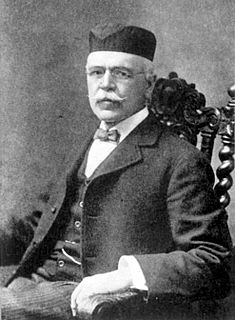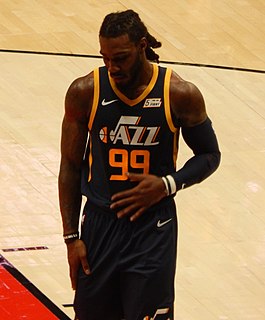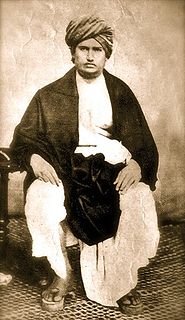A Quote by Andy Dunn
Empathy is the bridge to understand those who you may be lucky to one day lead, and it is - in my opinion - the most under-appreciated human skill in business.
Related Quotes
A railroad may have to be carried over a gorge or arroya. Obviously it does not need an Engineer to point out that this may be done by filling the chasm with earth, but only a Bridge Engineer is competent to determine whether it is cheaper to do this or to bridge it, and to design the bridge which will safely and most cheaply serve.
When gay, lesbian and bisexual individuals come out, their friends and families, for the most part, understand what it feels like to love and to lust. Cisgender people have more of a challenge when it comes to transgender identities. I discovered that analogy of homesickness in conversations with my parents, in trying to bridge that empathy divide.
If you understood a business perfectly and the future of the business, you would need very little in the way of a margin of safety. So, the more vulnerable the business is, assuming you still want to invest in it, the larger margin of safety you'd need. If you're driving a truck across a bridge that says it holds 10,000 pounds and you've got a 9,800 pound vehicle, if the bridge is 6 inches above the crevice it covers, you may feel okay, but if it's over the Grand Canyon, you may feel you want a little larger margin of safety.
It takes skill to bring something you've imagined into the world: to use words to create believable lives, to select the colors and textures of paint to represent a haystack at sunset, to combine ingredients to make a flavorful dish. No one is born with that skill. It is developed through exercise, through repitition, through a blend of learning and reflection that's both painstaking and rewarding. And it takes time. . . . If art is the bridge between what you see in your mind and what the world sees, then skill is how you build that bridge.
My book is going to be called Against Empathy, which may give you a feeling for where my argument is going to go. Whenever I talk about this, I have to begin in the most boring of all possible ways: by defining my terms. By "empathy," some people mean everything that is good - compassion, kindness, warmth, love, being a mensch, changing the world - and I'm for all of those things. I'm not a monster.
For the most part, people use "empathy" to mean everything good. For instance, many medical schools have courses in empathy. But if you look at what they mean, they just want medical students to be nicer to their patients, to listen to them, to respect them, to understand them. What's not to like? If they were really teaching empathy, then I'd say there is a world of problems there.
Leadership: Here is the heart and soul of the matter. If you look to lead, invest at least 30% managing those with authority over you, and 15% managing your peers. Use the remainder to induce those you 'work for' to understand and practice...lead yourself, lead your supervisors, lead your peers, and free your people to do the same. All else is trivia.
































